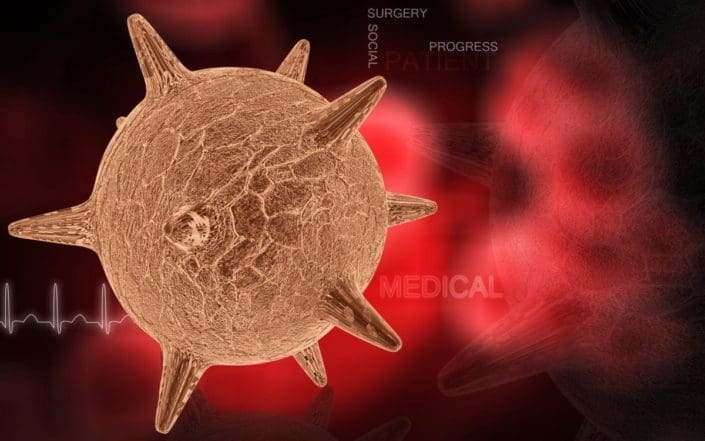Symptoms of herpes
Many people who get herpes never have
symptoms. Sometimes the symptoms are mild and are mistaken for another
skin condition. If you experience symptoms, they may include:
- painful sores in the genital area, anus, buttocks, or thighs
- itching
- painful urination
- vaginal discharge
- tender lumps in the groin.
During the first outbreak (called primary
herpes), you may experience flu-like symptoms. These include body
aches, fever, and headache. Many people who have a herpes infection will
have outbreaks of sores and symptoms from time to time. Symptoms are
usually less severe than the primary outbreak. The frequency of
outbreaks also tends to decrease over time.
Stages of infection
Once you have been infected with the virus, you’ll go through different stages of infection.
Primary stage
This stage usually starts 2 to 8 days after
you’re infected. Usually, the infection causes groups of small, painful
blisters. The fluid in the blisters may be clear or cloudy. The area
under the blisters will be red. The blisters break open and become open
sores. You may not ever notice the blisters, or they may be painful. It
may hurt to urinate during this stage. You may run a fever, feel achy,
and have other flu-like symptoms.
While most people have a painful primary
stage of infection, some don’t have any symptoms at all. They may not
even know they’re infected.
Latent stage
During this stage, there are no blisters,
sores, or other symptoms. The virus is traveling from your skin into the
nerves near your spine.
Shedding stage
In the shedding stage, the virus starts
multiplying in the nerve endings. If these nerve endings are in areas of
the body that make or are in contact with body fluids, the virus can
get into those body fluids. This could include saliva, semen, or vaginal
fluids. There are no symptoms during this stage, but the virus can be
spread during this time.
Recurrences
Many people have blisters and sores that
come back after the first herpes attack goes away. This is called a
recurrence. Usually, the symptoms aren’t as bad as they were during the
first attack.
Stress, being sick, or being tired may start a
recurrence. Being in the sun or having your menstrual period may also
cause a recurrence. You may know when a recurrence is about to happen
because you may feel itching, tingling, or pain in the places where you
were first infected.

